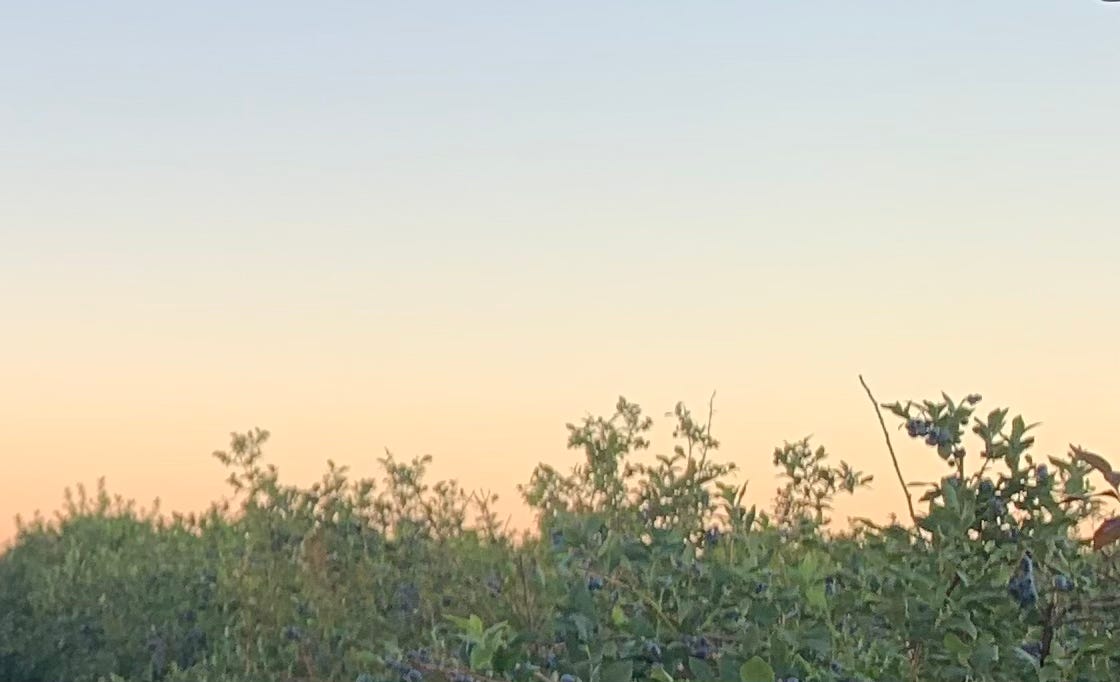Especially from 2017-2020, my classmates and I tagged each other constantly on Facebook meme pages like the real example of "Mathematical Memes for Logarithmically Scaled Teens". Seeking absurdist commentary on thermodynamics? MATLAB? Typesetting with LaTeX? Facebook was the place to be. Let me know if you've seen any analyses of the "__ Memes for __ Teens" genre.
A common theme across these pages was the handwavy-ness of engineering and physics calculations that made calculations simpler. Small-angle approximations like sin θ ≈ θ and cos θ ≈ 1 helped me through many a problem. If you were bold enough, though I never was, you could try saying π (3.14...) ≈ 3 ≈ e (2.72...).
Another thing I often did to make problem-solving easier was assume ideal conditions. No heat or friction loss, no air resistance, ideal gases and incompressible flow only. Almost everything was negligible.
Wait, really?
I used to be a huge skeptic about this approach. There was no way that actual engineers’ calculations were this loosey-goosey, right? But I understand now: at the cost of precision, ignoring real-world effects let me shortcut to the key, core concepts in the problems. It was a start, not an end.
Outside of school, assuming ideal conditions has been a helpful self-reflection tool. It cuts straight to my core—again, as a start and not an end.
I am thankful for the privilege I have to think about what I want. (Also, who am I to want? Maybe the goal is to just be. But as exposed as I feel admitting it, I must admit it: I have hopes and dreams right now, and I do think about them!) There’s a universe of factors to worry about, account for, and hedge against. And that’s important! They shouldn’t be denied. They’re functionally inseparable from the eventual decisions and outcomes. But to find myself within all the swirling, can I suspend and bypass reality by assuming perfect conditions, just for a moment, before I layer reality back in?

I've been thinking about my career lately, what I'd like to do over the next decade. So: what's my answer?
Let's interview me. Hi Tiff, I begin. What do you want to do over the next decade? It’s hard to say. There are too many variables within and beyond my control. True. But in a world where you knew you wouldn't fail, where you'd move unhesitatingly because everything would go your way, what would you do? I would create.
Okay, let's work with this. What would you create? I'm not sure. Let’s push a little here. Let’s say the next ten years will go perfectly, so you don't have to worry about anything except what you want to create right now. It'll all fall into place after that. Now, what would you be making? Right now, I want to write short essays about my undergrad and the things I learned along the way that made me think of myself. Nice!
But I'm scared. The content seems niche and my understanding of it feels incoherent. I don't think I'm a writer. I have so little time in a day, in a life. Do I really want to pour myself into something I'm so uncertain about? And what if people find my writing bad, pretentious, useless, or—my worst nightmare—harmful?
I get that. We've been talking as if everything will work out perfectly, but we know that's not how things will go. So, let's talk about that scenario. Maybe you never share your writing and it languishes in your private Google doc until you run out of storage space and you, for whatever reason, keep gigabytes' worth of files named things like high_school_theatre_poster_FINAL_ACTUAL_5.pdf instead of these essays. Or maybe you do share your work and people really do read it and think wow, what an awful writer and even more awful person. Will you still be glad you wrote? Wow. That last part sounds extremely bad. Yeah, that was targeted. I know what you're afraid of.
Sad. But still, I don't want to look back on a life warped by fear. And no matter what, I'll be glad I wrote for myself. I'll be thankful I tried.
I knew then that, even under non-ideal conditions, I needed to write. Here we are now: you, me, my anxiety, and these essays.
Of course the conditions are never ideal. But if I’m spending my whole life working alongside the forces and fears that be, I need to know who I am in their absence. In a perfect world, I'd want to create. Then my questions become: in an imperfect world, would I also want to create? Yes. Am I afraid? Yes. Do I still want to try? Yes. Yes, yes, yes. It is so clear.
Here I go, afraid, trying, and hoping.
Here are the example reflection questions if you’d like to ask and/or answer them:
In a world where you knew you wouldn’t fail, what would you do?
In a world where you’d move unhesitatingly because everything would go your way, what would you do?
The next ten years will go perfectly, so you don’t have to worry about anything except what you want. It will all fall into place. What do you want?
In a world where the next ten years won’t go perfectly, do you still want the same things? What changes? Would you still like to try?




Keep going these thoughts are amazing :)
a beautifully-written essay